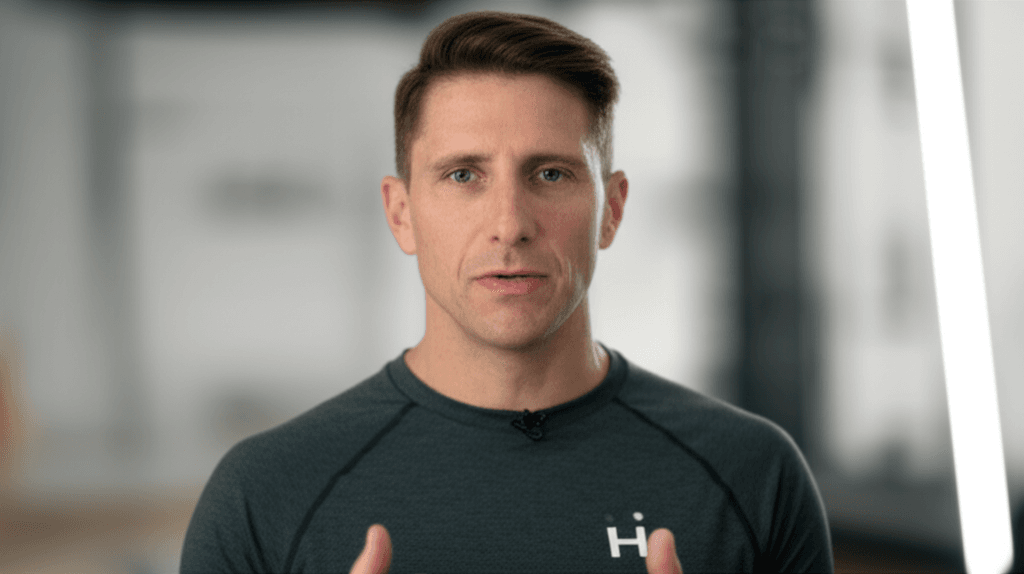A prominent fitness expert, Jesse Ramos Jr., has issued a warning regarding a trend dubbed “Republican workouts” circulating online, specifically criticizing a video featuring Health Secretary Robert F. Kennedy Jr. and Defense Secretary Pete Hegseth engaged in a challenging routine. This caution comes as politically-themed fitness content gains traction, often promoting intense, high-volume exercises that may pose significant risks without proper guidance.

The Rise of Politically-Themed Fitness Challenges
The term “Republican workouts” has emerged in the fitness sphere, particularly on social media platforms like TikTok, where users associate physical exertion and strength with conservative values. Some content creators promote challenges, such as the “Daily 50” (50 push-ups, body squats, lunges, wall sits, and planks), as embodying a conservative approach to fitness.
Central to the recent warnings is the “Pete and Bobby Challenge,” popularized by Robert F. Kennedy Jr. (dubbed “Bobby”) and Pete Hegseth. This challenge involves completing 50 pull-ups and 100 push-ups in under five minutes. The duo filmed their attempt at the Pentagon Athletic Centre, with Hegseth crediting former President Donald Trump as inspiration for “Presidential physical fitness – Make America Healthy Again, fit, not fat”.

Expert Concerns: Form, Safety, and Sustainability
Fitness expert Jesse Ramos Jr. specifically “slammed” the video of Kennedy Jr. and Hegseth working out, also mentioning Marjorie Taylor Greene in the context of these “Republican workouts”. This aligns with broader concerns from the fitness community regarding viral trends that often prioritize intensity over proper technique and individual safety.
Exercise researcher and YouTuber Jeff Nippard, for instance, was “less than impressed” with the pull-up form displayed in the “Pete and Bobby Challenge” video. Nippard highlighted that refusing assistance, even when necessary, is a common mistake driven by ego, and can lead to poor form and injury. He emphasized the importance of acknowledging one’s current strength level and gradually building from there, rather than attempting high-volume, unassisted exercises that are beyond a person’s capability.
General warnings from fitness experts often highlight the dangers of extreme exercise, especially when performed without proper form or sufficient recovery. Such practices can lead to overuse injuries, muscle strains, joint pain, and even more serious conditions like stress fractures. Trends like “dry scooping” pre-workout powder, excessive weight lifting without correct technique, or using ankle weights on walks have also drawn warnings due to risks of choking, cardiac issues, and joint damage.

Beyond the Hype: Principles of Safe and Effective Training
Fitness professionals consistently advocate for a personalized and progressive approach to exercise, emphasizing that sustainable results and injury prevention depend on foundational principles, not just viral challenges.
Prioritizing Proper Form and Technique
Experts stress that correct form is paramount to maximizing workout effectiveness and minimizing injury risk. For exercises like squats or pull-ups, improper technique can place undue stress on joints and muscles, leading to long-term issues. Consulting with a certified personal trainer, physical therapist, or athletic trainer can help individuals learn and maintain proper form.
Gradual Progression and Personalization
Attempting extreme challenges without adequate preparation can be detrimental. Brent Amble, Ph.D., an athletic trainer, recommends starting gradually and consulting a healthcare professional before embarking on a new workout program, noting that “every person is different”. Fitness routines should include warm-ups, cool-downs, rest days, and cross-training to allow the body to adapt and recover.
The Dangers of “All-or-Nothing” Approaches
Many viral fitness trends, like the “75 Hard Challenge,” adopt an “all-or-nothing” approach with strict rules regarding diet and exercise. Health editors and qualified professionals have criticized such regimes for being unsustainable and potentially dangerous, particularly for individuals at risk of developing disordered eating habits or exercise nervosa. Sustainability, rather than short-term extremism, is key to a healthy lifestyle.
Listening to Your Body
Stopping exercise immediately if injured and seeking medical advice is crucial. Symptoms like irritability, general discomfort, weakness, headaches, nausea, or cramps during exercise can indicate heat-related illness or dehydration, especially when wearing multiple layers of clothing or exercising in hot conditions.
Conclusion
While the motivation to improve physical fitness is commendable, fitness experts consistently caution against blindly following viral “Republican workouts” or any politically-themed challenges that may prioritize bravado over biomechanics and individual safety. The emphasis should always be on evidence-based practices, personalized programming, and professional guidance to ensure a safe, effective, and sustainable fitness journey, regardless of one’s political affiliation.







